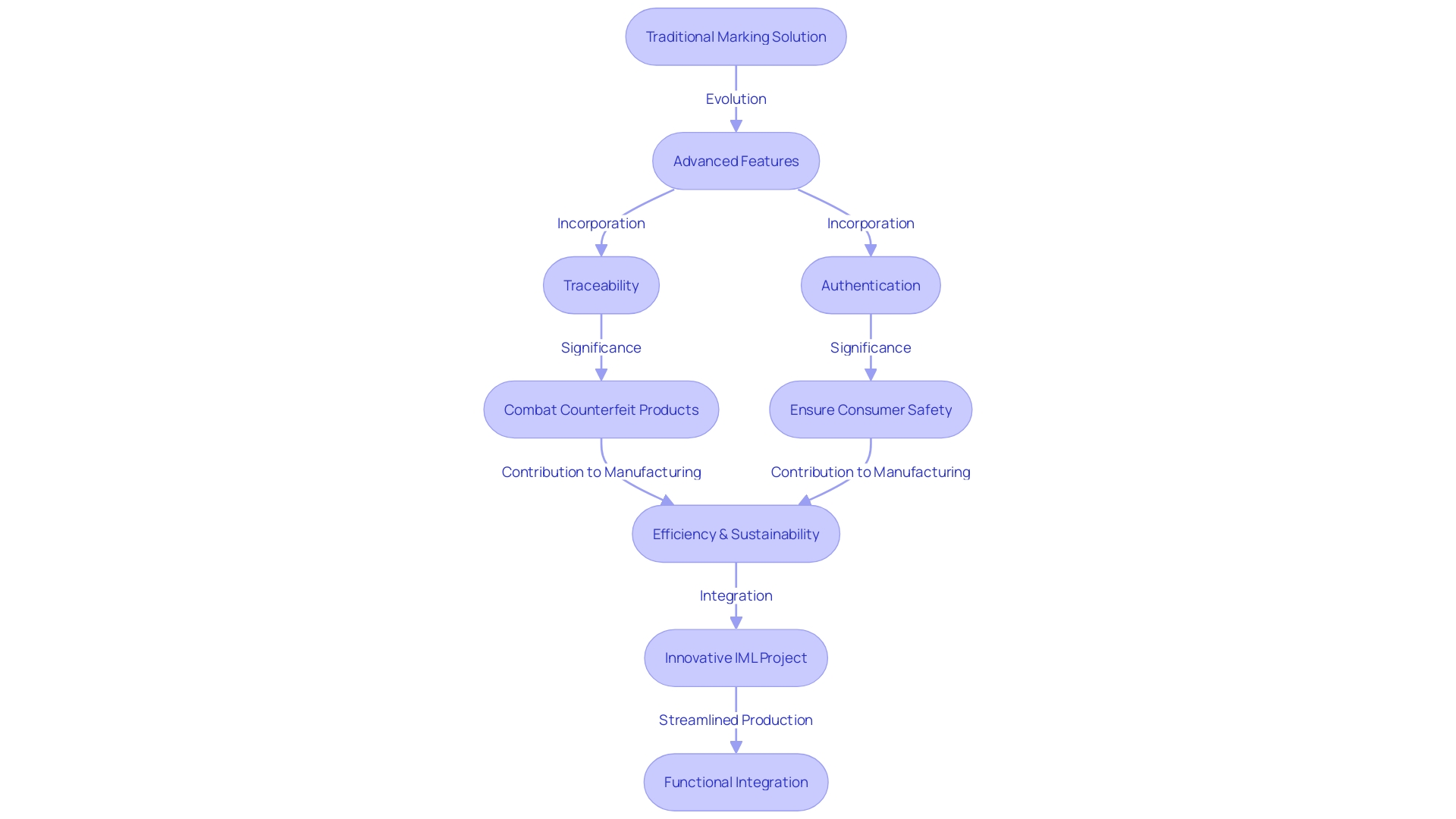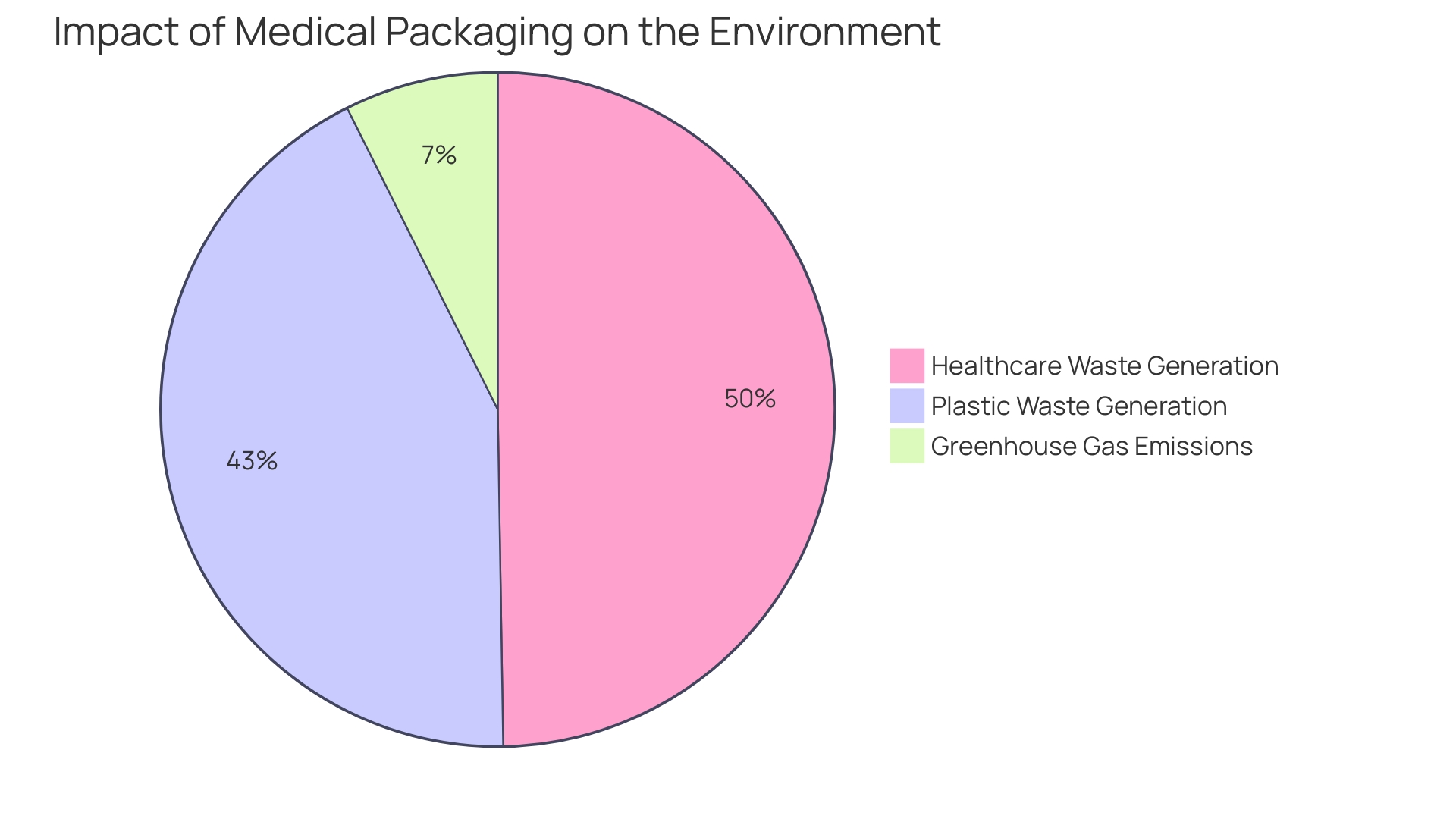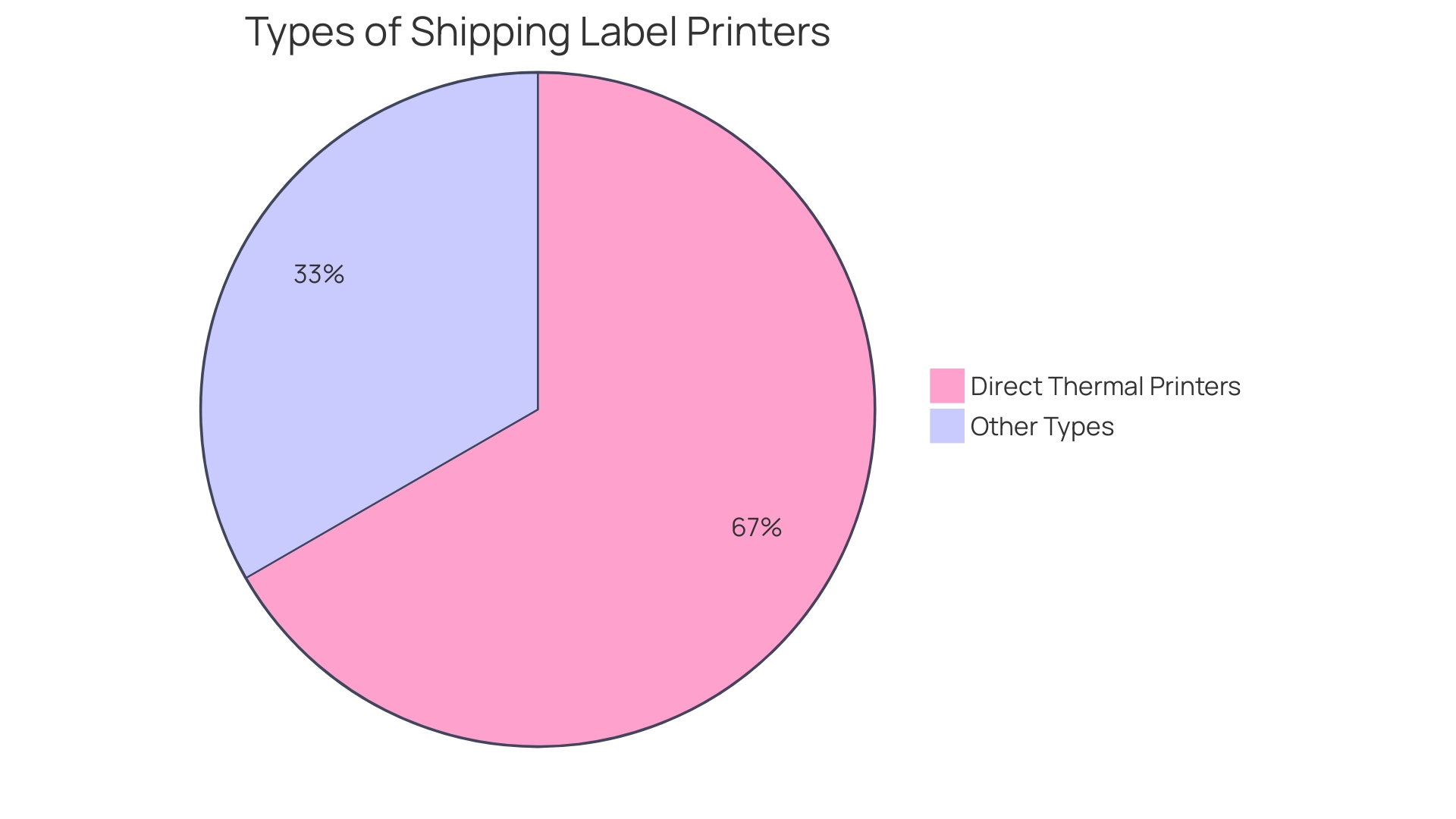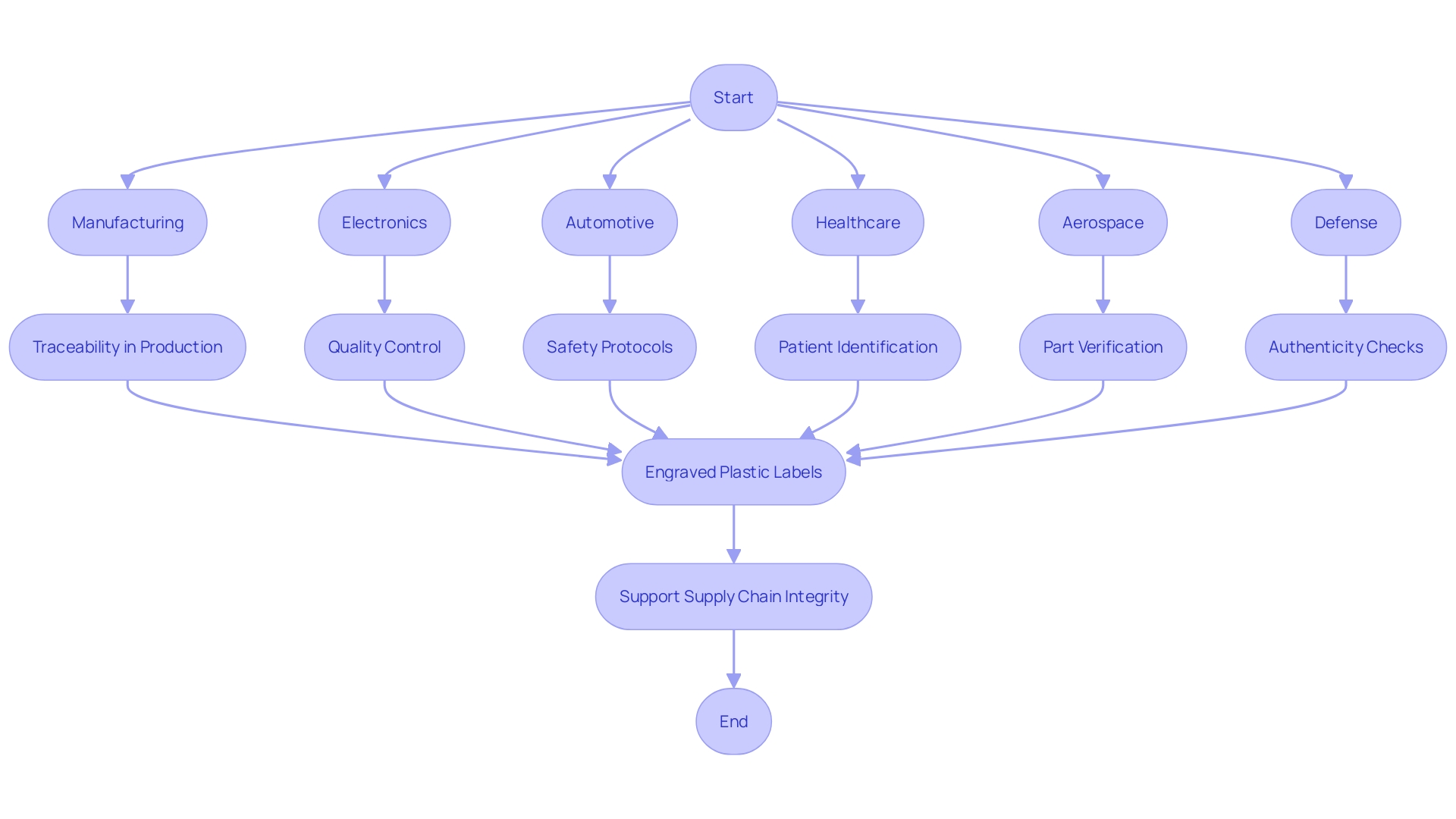Introduction
Engraved plastic labels offer a robust and permanent marking solution, catering to environments that require durability. These labels are created through a meticulous engraving process, resulting in indelible marks that can withstand harsh conditions without fading or wearing away. Beyond traditional labeling, engraved plastic labels play a crucial role in the modernization of manufacturing and product management.
They incorporate advanced features like traceability and authentication, ensuring consumer safety and confidence. Moreover, these labels align with the industry's move towards efficiency and sustainability, streamlining production and providing functional integration without additional steps. Engraved plastic labels are not just a means of marking; they are a key component in the evolution of manufacturing and the protection of brands and consumers.
What are Engraved Plastic Labels?
Engraved plastic labels offer a robust and permanent marking solution, particularly suited for environments that demand durability. These labels undergo a meticulous engraving process, where the content is etched onto the label, creating indelible marks that withstand harsh conditions without fading or wearing away. This permanence is vital across various applications, from industrial equipment marking to providing essential information on consumer products.
The significance of such labels is underscored by the technological advancements in the plastics industry. With the British plastics sector pushing the boundaries of innovation, as seen at events like Interplas, where influential organizations like RECOUP and PMMDA congregate to discuss the future of materials and automation, engraved plastic labels are also evolving. They now incorporate advanced features like traceability and authentication, as highlighted by Veronica Savu, CEO of Morphotonix.
This integration is crucial in combating the rise of counterfeit products and ensuring consumer safety and confidence.
Furthermore, these labels are also part of the larger trend towards efficiency and sustainability in manufacturing. For example, the innovative IML project, which involves partners like KEBO and MCC/Verstraete, showcases how labels can streamline production and provide functional integration without additional steps, aligning with the industry's move towards distributed manufacturing and digital inventories. Engraved plastic labels are thus not just a means of marking; they are a key component in the modernization of manufacturing and product management.

The Process of Engraving Plastic Labels
The process of crafting engraved plastic labels is not just about etching designs into a material; it's a sophisticated method that plays a crucial role in product safety and authenticity. With the advent of advanced software, creating intricate designs or precise text has become streamlined. The real magic happens when these designs are meticulously transferred onto plastic surfaces using laser engraving technology.
It's a dance of precision where the laser meticulously removes a thin layer of the plastic to reveal a permanent, indelible mark. These engraved labels are more than just markings; they're the frontline defense against the rising tide of counterfeit parts—a significant concern highlighted by Veronica Savu, CEO of Morphotonix.
As markets become more complex and raw material shortages loom, illegal copies of components become rampant, jeopardizing consumer safety and industry integrity. Brands, therefore, are increasingly turning to laser etching and other forms of engraving to incorporate traceability and authentication into their products. The depth and clarity of these engravings are not just customizable; they're essential for ensuring that products can be traced back to their production source and verified for authenticity.
This is critical in sectors like medical, packaging, automotive, and technical industries, where the stakes are high, and the cost of failure is even higher.
The application of this technology is not limited to large-volume production. In fact, custom engravings can play a pivotal role in differentiating products, safeguarding brand value, and protecting intellectual property. With the right expertise and equipment, such as the precision offered by a Nema 17 stepper motor and an A4988 stepper motor driver, controlled by an Arduino Nano, the possibilities for customization and innovation in engraving are virtually limitless.
It's not just about making a mark; it's about making a mark that matters—a mark that stands for quality, authenticity, and the brand's commitment to excellence.

Advantages of Engraved Plastic Labels
While there are myriad options for labeling, engraved plastic labels have emerged as a superior choice for many businesses. These labels are celebrated for their exceptional resilience, capable of withstanding the wear and tear of daily operations. Their endurance is exemplified by the fact that once engraved, the markings remain pristine and legible over long periods, unaffected by the smudging or fading that can plague other label types.
Moreover, their robustness extends to environmental resistance; whether faced with extreme temperatures or corrosive chemicals, these labels hold their ground. This resilience is not just theoretical but is backed by real-world applications. For instance, in the medical field, where sterility and hygiene are paramount, packaging solutions like thermoformed PET have set a new benchmark in durability and safety.
These materials provide a sterile barrier while remaining tamper-resistant and adaptable to various secure sealing options.
The versatility of engraved plastic labels is another key advantage. They can be tailored to fit a wide range of industries, serving a myriad of applications. Whether it's the intricate needs of the medical device sector, or the demands of consumer packaging, these labels can be custom-designed to meet specific requirements.
As reflected in a study by Protega Global, where 81% of consumers expressed a preference for sustainable packaging, the pressure to innovate in the packaging industry is immense. With this shift towards sustainability, labels and packaging that can endure without compromising on eco-friendliness are in high demand.
However, durability and versatility don't come at the cost of aesthetics. These labels add a premium feel to a brand, setting it apart in a world where packaging often lacks differentiation. As Jerome Knowles, a freelance writer with Retail Technology Review, points out, the choice of material for retail displays, including labels, is crucial in making a lasting impression on customers.
Polycarbonate, for example, stands out for its durability and practicality in retail environments.
In conclusion, engraved plastic labels are not just a practical choice; they are a strategic one. They speak to the modern consumer's demands for durability, versatility, and sustainability, while also catering to the aesthetic sensibilities that can elevate a brand's presence in the market.
Applications of Engraved Plastic Labels
Engraved plastic labels are a cornerstone of organizational and identification strategies across various industries. Their robustness ensures they hold up in harsh environments, which is why you'll find them marking equipment, aiding in asset tracking, adorning control panels, highlighting safety information, and serving other critical functions. The manufacturing sector, with its need for resilience against the rigors of production, relies heavily on these labels.
In aerospace, precision and durability are non-negotiable, and engraved plastic labels meet these requirements with ease. The automotive industry, too, benefits from their use, where they withstand high temperatures and exposure to chemicals. The electronics and healthcare industries also turn to these labels for their clarity and permanence, which are essential for traceability and safety.
Innovations in label technology are advancing rapidly, as seen in recent projects involving major partners like KEBO, MCC/Verstraete, Beck, and Intravis. These collaborations have led to the development of In-Mold Labeling (IML) technologies that enable functional integration in a single step. This not only streamlines the production process but also eliminates additional hygiene risks, a crucial factor in medical technology applications.
The integration of individual codes for 100% traceability exemplifies this advancement, allowing for the monitoring of temperature profiles and effective warehouse management.
The benefits of such technologies are echoed by Veronica Savu, CEO of Morphotonix, who emphasizes the growing need for traceable and authentic products in supply chains. Engraved plastic labels contribute to this need by providing a secure way to trace a product back to its place of production and confirm its authenticity, protecting both consumers and industries from the risks of counterfeit components.
As the push for sustainability and digitalization in industries like food and beverage manufacturing continues, the role of engraved plastic labels becomes even more pivotal. They support agritech advancements and ensure that digital communication between patients and healthcare providers remains seamless. The integration of traceability within these labels is not just a feature but a necessity in today's interconnected and digitized world.

Materials and Tools for Engraving Plastic Labels
Crafting engraved plastic labels is a blend of art and precision engineering, utilizing both high-tech equipment and a deep understanding of the materials at hand. Various plastics such as acrylic, polycarbonate, or PVC serve as the ideal canvas for these creations. The laser engraving process is pivotal in this craft, directing a high-powered beam to etch the desired design meticulously.
The advent of contemporary engraving software has revolutionized label design, offering unparalleled accuracy and complexity to meet various industry needs.
The realm of plastic engineering has witnessed significant advancements, highlighted at events like the Knowledge Pavilion, which showcase the forefront of molding, forming, and automation in the industry. Innovations in laser technology, as discussed at industry conferences, underpin the precision with which these labels are crafted. Laser engraving stands out for its ability to produce not just functional, but aesthetically appealing tags and markings that are critical in numerous sectors, from manufacturing to the arts.
Embracing the safety and efficiency echoed by industry leaders, the production of these labels is carried out with meticulous care. The laser welding process, a cornerstone of this craft, fuses materials seamlessly, taking cues from advanced manufacturing techniques. This ensures that the resulting labels are not only durable but also exhibit a finesse that is synonymous with modern engineering marvels.
Sartorially inspired by the Fordite method, the engraving process layers precision upon creativity to yield a product that is both unique and reliable. Just as the Fordite gemstone emerged from the automotive painting process, engraved labels are born from a synergy of technology and design, each piece reflecting a story of innovation and transformation within the plastics industry.
Best Practices for Engraving Plastic Labels
Crafting precise and lasting engravings on plastic labels demands a blend of art and science. The key to impeccable results lies in the meticulous selection of plastic material tailored to the specific application. With various plastics offering different levels of resilience and tolerance to environmental challenges, making the right choice is paramount.
Once the material is in hand, attention shifts to the engraving design. Clarity and legibility are the cornerstones here, ensuring the engraved message withstands the test of time and remains easily decipherable.
But the journey doesn't end there. The longevity of the engraving equipment itself is vital, hinging on regular upkeep and diligent cleaning. This commitment to maintenance ensures the machinery operates at peak performance, delivering consistent quality engravings every time.
In the context of a circular economy, these practices are not just about aesthetics or durability; they contribute to the larger goal of sustainability. By pondering the big questions—such as the ideal depth of embossing, recommended at 0.4mm for a balance of cleanliness and cure-ability—we align with efforts to streamline material usage and recycling processes.
Moreover, with the rise in supply-chain intricacies and raw material scarcity, the stakes are higher. Brands like Morphotonix are leading the charge in integrating traceability and authentication into their products. This is not only crucial for thwarting the surge in counterfeit goods but also reinforces consumer safety and brand integrity.
As we consider the full spectrum of the supply chain, from the technicalities of engraving to the broader implications of product lifecycle and authenticity, the role of meticulous engraving practices becomes clear. It's a dance of precision, responsibility, and foresight—ensuring that every label not only serves its immediate purpose but also fits into the grander scheme of a sustainable and secure supply chain.
Industries Utilizing Engraved Plastic Labels
The significance of engraved plastic labels extends beyond mere identification; they are a pivotal element in a vast array of industries, ensuring the traceability and authenticity of products. From the bustling factory floors of manufacturing to the high-tech realms of electronics, automotive production lines, healthcare facilities, aerospace hangars, and defense departments, these labels serve as silent sentinels of quality and compliance. They not only guide safety protocols with clear signage but also support the integrity of supply chains in an era where the complexity of logistics and a scarcity of raw materials have heightened the risks of counterfeit components.
As highlighted by Veronica Savu, CEO of Morphotonix, integrating traceability and authentication features into product labels is becoming an essential strategy for brands aiming to protect their reputation and legal standing. Advanced techniques such as laser etching, as developed by companies like TRUMPF and Morphotonix, offer a secure method of marking that is both cost-effective for large volume production and crucial for brand differentiation. These innovations ensure that every label, tag, or marked component can be easily verified for authenticity, safeguarding consumers and industries alike from the perils of illegal imitations.
In this way, engraved plastic labels are not just about labeling; they are about upholding the quality and safety standards that are central to modern industry practices.

Conclusion
Engraved plastic labels are a vital component in modern manufacturing and brand protection. These labels offer durable and permanent marking solutions that withstand harsh conditions without fading or wearing away. They incorporate advanced features like traceability and authentication, ensuring consumer safety and confidence.
Engraved plastic labels align with the industry's move towards efficiency and sustainability, streamlining production and integrating functionality without extra steps.
The engraving process is a sophisticated method that plays a crucial role in product safety and authenticity. Laser engraving technology allows for precise and permanent markings, essential for traceability and verification. Engraved plastic labels are not limited to large-volume production; they also differentiate products, safeguard brand value, and protect intellectual property.
The exceptional resilience and environmental resistance of engraved plastic labels make them a superior choice for businesses. They withstand daily wear and tear without fading or smudging. These labels are versatile, tailored to fit various industries and applications.
They add a premium feel to brands, setting them apart in a competitive market.
Engraved plastic labels play critical roles in industries such as manufacturing, aerospace, automotive, electronics, and healthcare. They mark equipment, aid in asset tracking, highlight safety information, and ensure traceability. The integration of traceability within these labels is crucial in today's interconnected and digitized world.
Engraved plastic labels contribute to secure product tracing and protect against counterfeit components, benefiting both consumers and industries.
Crafting engraved plastic labels requires a blend of art and precision engineering. The selection of the right plastic material is essential, tailored to specific applications. Attention to engraving design, machinery maintenance, and upkeep ensures consistent quality and longevity.
These practices align with sustainability efforts and contribute to a secure and efficient supply chain.
In conclusion, engraved plastic labels are a strategic solution that meets the demands of modern manufacturing and consumer expectations. Their incorporation of advanced features, versatility, and aesthetic appeal make them essential components in various industries. Engraved plastic labels ensure traceability, authenticity, and brand protection, playing a crucial role in the evolving landscape of manufacturing.
Experience the power of engraved plastic labels for your business today!




